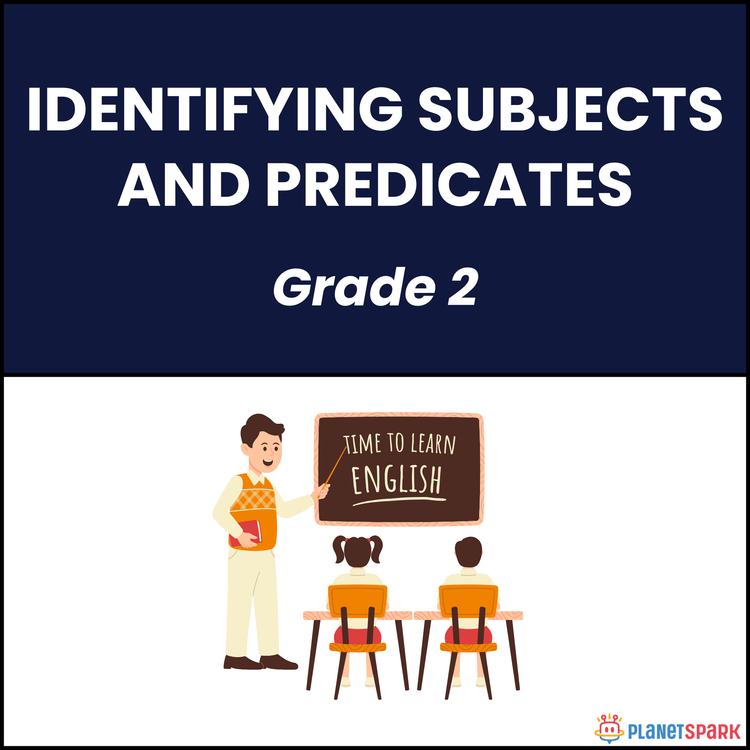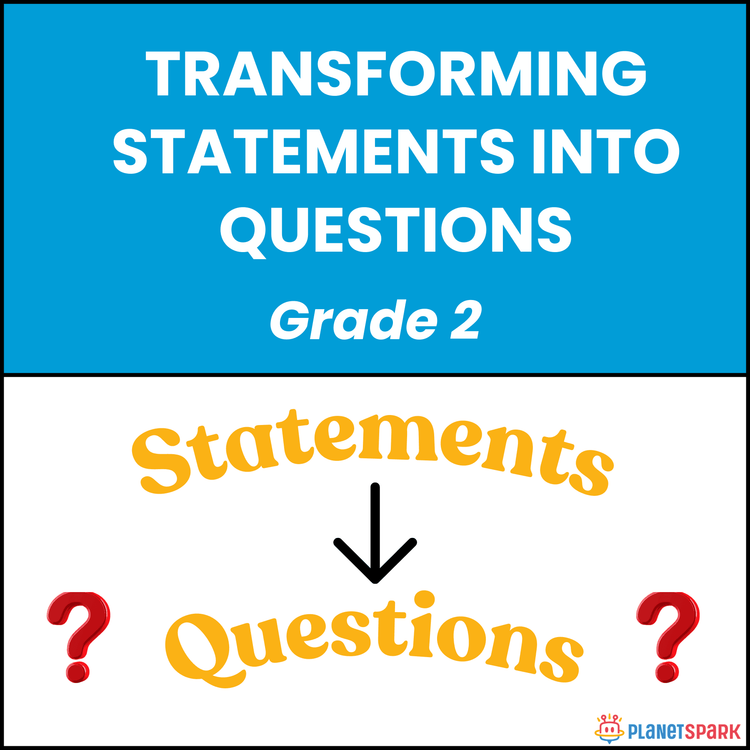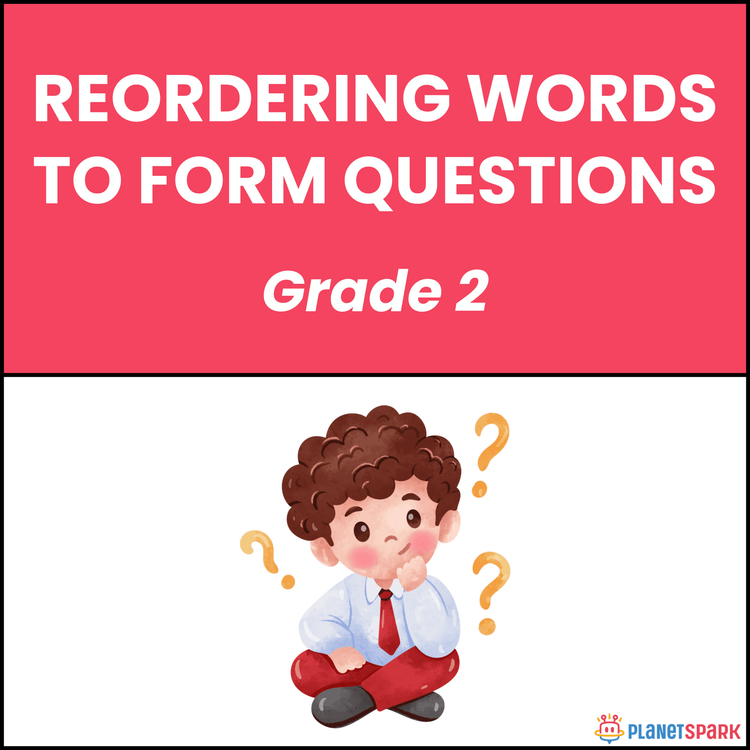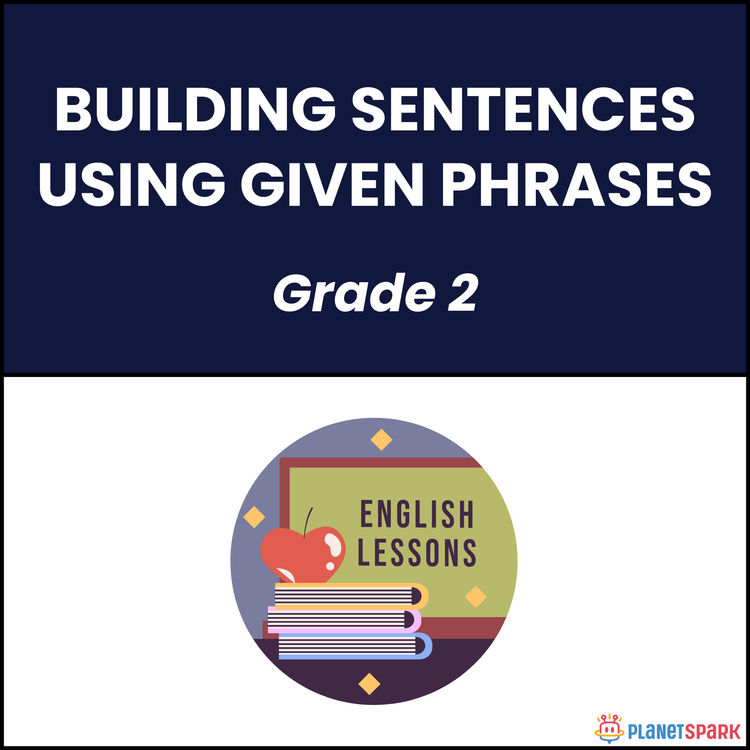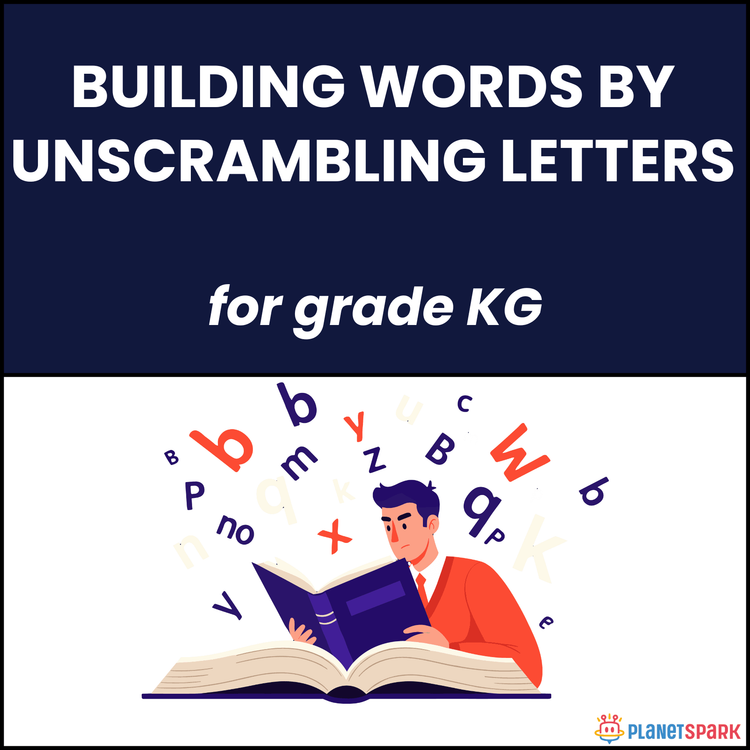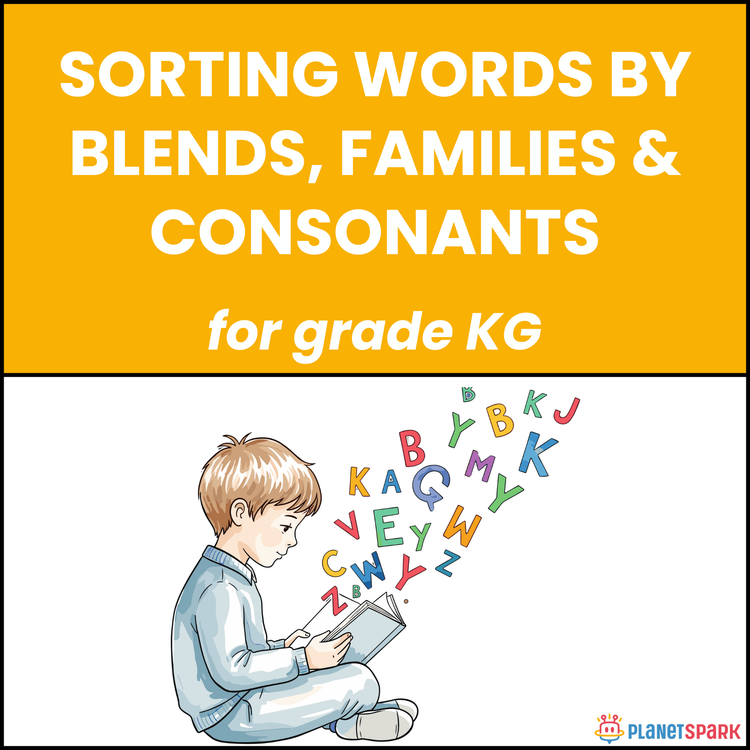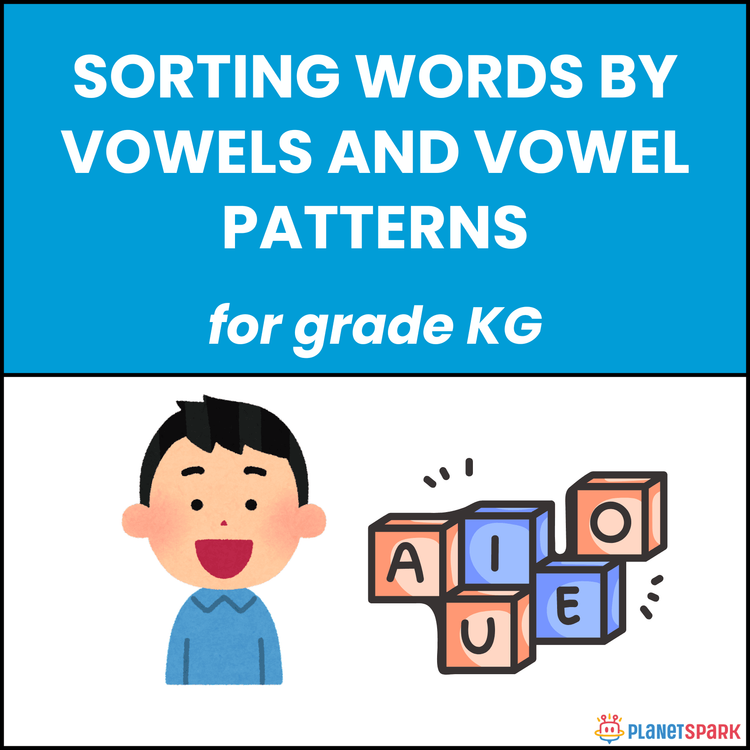Grade 2 Reading Passage on The Fox and the Crow
Class 2Free DownloadPDF
Simarpreet KaurVisit Profile
I am a dedicated and student-focused educator with over 5 years of experience teaching. Currently, I am working as a teacher at Planet Spark. I love teaching at Planet Spark because the interactive, one-on-one teaching format and curriculum quality, that’s easy to follow and effective.
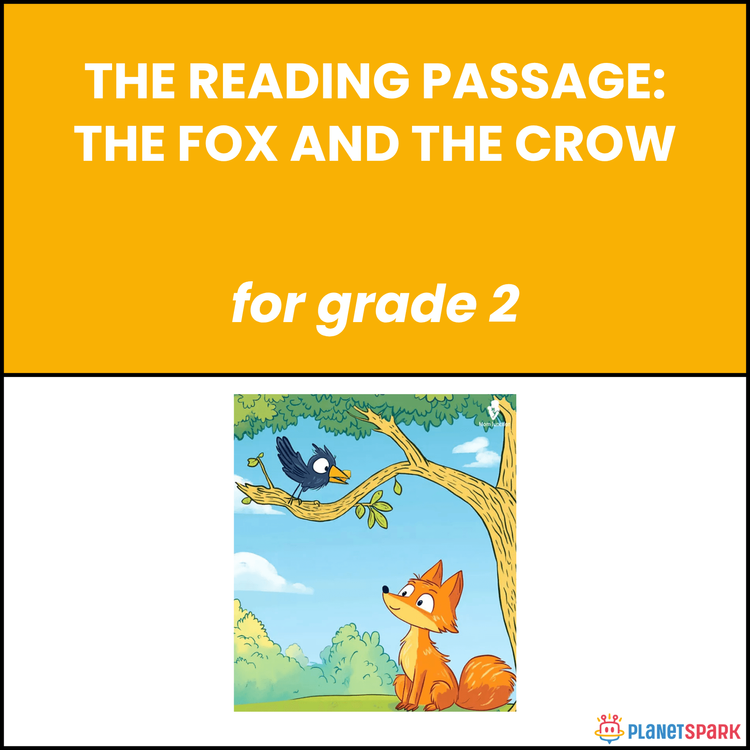

Grade 2 Reading Passage on The Fox and the Crow
Class 2Free DownloadPDF
Simarpreet KaurVisit Profile
I am a dedicated and student-focused educator with over 5 years of experience teaching. Currently, I am working as a teacher at Planet Spark. I love teaching at Planet Spark because the interactive, one-on-one teaching format and curriculum quality, that’s easy to follow and effective.
Flattery Falls Flat: The Fox and the Crow Reading Comprehension for Grade 2
This Grade 2 reading comprehension worksheet, *“Flattery Falls Flat: The Fox and the Crow,”* brings to life a clever fable that teaches children about vanity and wisdom. The story follows a crow who finds a piece of cheese and perches on a tree. A sly fox flatters her by praising her “beautiful voice” and asks her to sing. When the proud crow opens her beak, the cheese falls, and the fox runs away with it. Through this short tale, students learn that flattery can be deceitful and that pride often leads to loss.
Why Reading Comprehension Matters in Grammar?
Reading comprehension helps learners connect moral lessons with story events while improving sentence understanding. For Grade 2 readers, this story is valuable because:
1. It strengthens reasoning and reading fluency.
2. It teaches how emotions can affect decision-making.
3. It introduces vocabulary related to feelings and actions.
4. It builds critical thinking about trust and honesty.
What’s Inside This Worksheet?
Exercise 1 – Multiple Choice Questions
Students answer key questions about what happened to the crow, how the fox tricked her, and what lesson was learned.
Exercise 2 – Comprehension Questions
Students explain why the crow lost her cheese and what flattery means in their own words.
✅ Answer Key (For Parents & Educators)
Exercise 1 – Choose the Correct Answer
1. a) A piece of cheese
2. d) A fox
3. b) Sing
4. a) The cheese fell
5. b) She wanted praise
6. c) Vanity can cause loss
Exercise 2 – Answer the Following Questions
7. The fox said the crow had the most beautiful voice and asked her to sing.
8. The crow was tricked because she wanted praise.
9. The cheese fell to the ground and the fox took it.
10. We learn that vanity and pride can cause loss.
Help your child grow in wisdom and confidence with this *Fox and the Crow* reading comprehension worksheet!
🔖Book a free trial!
Frequently Asked Questions
It shows that vanity blinds judgment and makes us vulnerable to those who use flattery for selfish gain.
Recognizing empty praise helps students distinguish genuine compliments from manipulative words meant to deceive and exploit.
Students interpret dialogue motives, evaluate character intentions, and understand how persuasive language can influence poor decisions.
